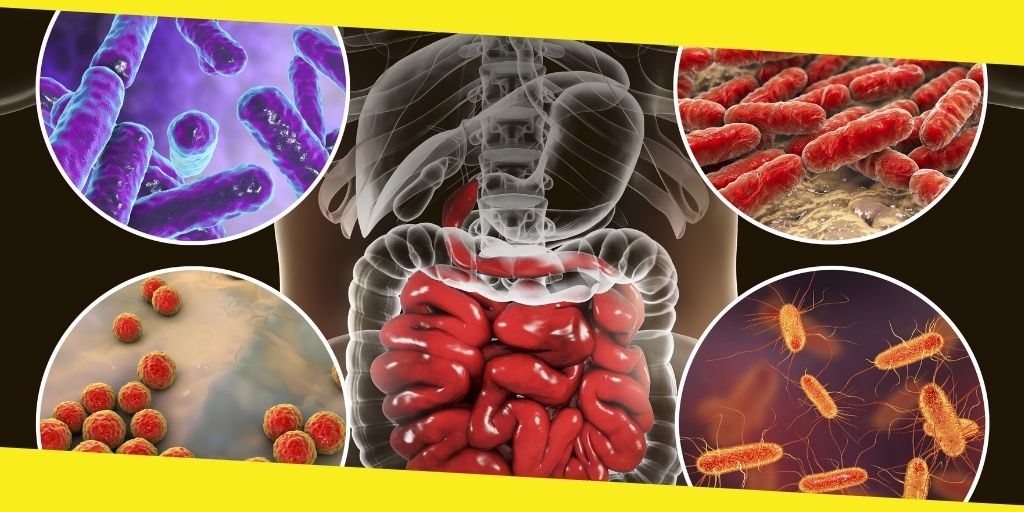
Interestingly, the gut is a complex area in which varying microorganisms and immune cells are situated. A healthy gut pertains to the adequate balance of microbes, collectively known as your gut flora or gut microbiota.
Your gut serves to facilitate the different physiological processes from digestion to absorption of nutrients and immune function support. Likewise, this communicates with the brain through nerves and hormones to maintain health and promote wellness.
In addition to this, your gut flora is responsible for managing the absorption of vitamin levels, specifically vitamin D.
The Link Between the Gut and Vitamin D Absorption
Vitamin D is a fat-soluble vitamin that’s responsible for a variety of health benefits. It contributes to the normal growth and development of bones, teeth, and other organs. Additionally, this vitamin is essential in developing resistance against certain diseases, such as heart disease, osteoporosis, autoimmune illnesses, Crohn’s disease, and even depression.
Notably, it has been reported that a healthy microbiota stimulates faster vitamin D absorption. To learn more, here are two ways good gut health enhances vitamin D absorption.
-
Butyrate Production
Beneficial microbes generate more butyrate when your gut is in its optimal condition. Butyrate is a short-chain fatty acid released by your stomach and is responsible for increasing the absorption of Vitamin D in the bloodstream. Through this process, vitamin D-fortified foods and supplements can easily pass into your bloodstream and convey essential nutrients for good health.
To facilitate this, it is essential to consume probiotic-rich food to stimulate the growth of beneficial microbes in your gut and produce more butyrate. Common examples of which are kimchi, tempeh, miso, kefir, and sauerkraut.
Moreover, there are also tests accessible to help identify the current condition of your gut flora. For instance, My Psomagen and other DNA gut test kits allow you to take a peek at how your microbiome affects your nutrition. These resources also provide you dietary suggestions to improve your current gut microbiota.
-
Varying Microbiome
Although each individual microbiome is different, an array of existing microorganisms in your digestive tract helps determine its general health. Know that each of these bacterium may demand certain nutrients for their production and development.
Considering this, you need to ensure that you’re following a healthy lifestyle. This is to promote a nourishing space for your gut flora and improve your intestinal wall and digestive tract to maximize the nutrients coming from vitamin D food sources.
In addition to this, a healthy lifestyle enables you to build a strong immune function, promote calcium homeostasis and other crucial processes related to vitamin D immersion.
Alternatively, gut and digestive-related conditions such as celiac disease, chronic pancreatitis, cystic fibrosis, and the like may minimize or disrupt vitamin D absorption in your body.
Summing It Up
Your gut flora functions as a separate organ in your body that helps ward off infectious agents and illnesses resulting from vitamin D deficiency. Considering its significance, it’s essential to create a nourishing environment for your gut flora by following a healthy lifestyle and being mindful of your food consumption.